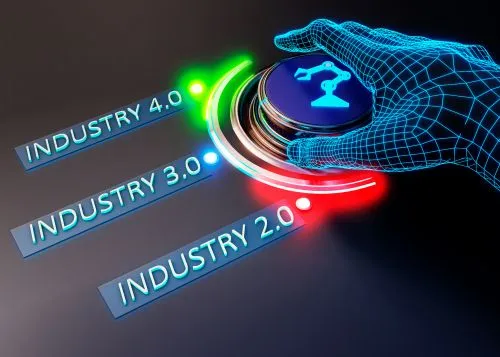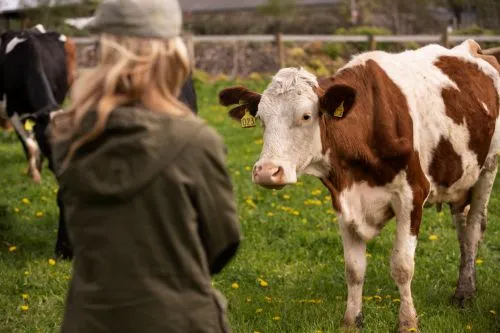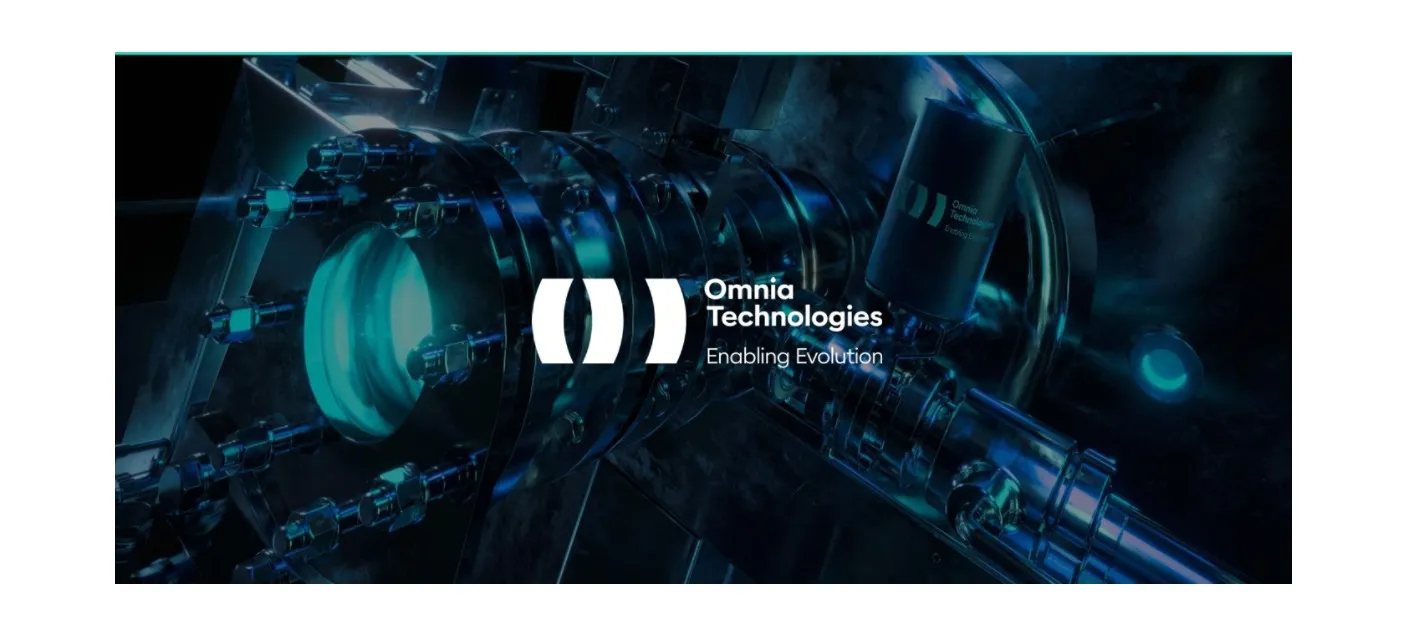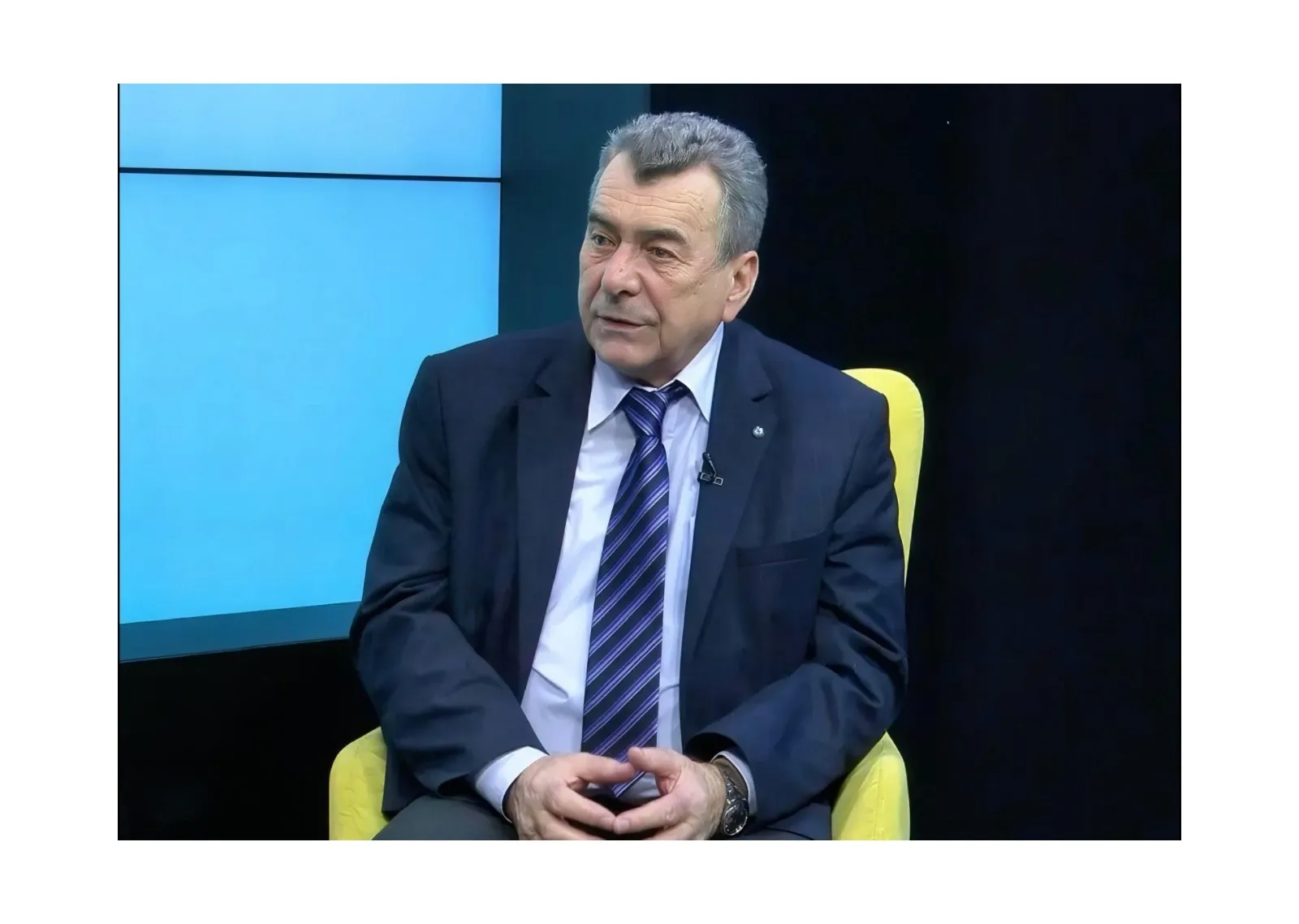1418
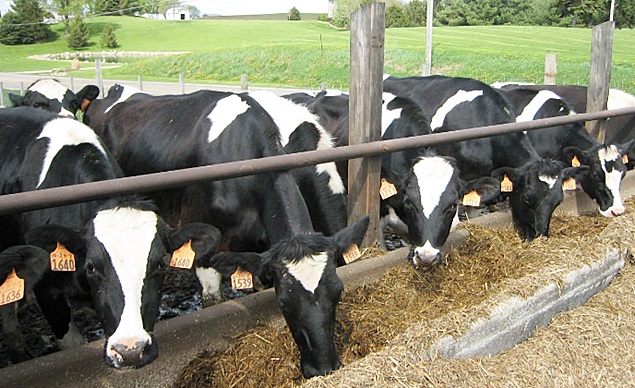
The EU remains heavily dependent on imports of animal feed and fertilizers from outside the bloc, as emphasized in a recent study commissioned by the European Parliament's Committee on Agriculture (AGRI), cited by Euractiv.
Significant Dependency
Experts found that dependency on suppliers from outside the EU was particularly significant for inputs (production factors) related to animal production.
They highlighted that only two countries, Brazil and the USA, accounted for 85% of soybean imports into the EU in 2022, which are used in animal feed.
"This dependency questions the long-term resilience of the EU's food system in an increasingly uncertain climatic and geopolitical context," the text states.
Although the study emphasized that food availability in the EU "is not considered to be in danger," recent market shocks such as the COVID-19 pandemic and the Russian invasion of Ukraine have exposed vulnerabilities in the bloc's food system.
In the early days of the war in Ukraine, animal feed prices skyrocketed due to uncertainties about the future availability of Ukrainian cereals, leading to increased costs for livestock farmers and narrowing profit margins.
To improve the ability to cope with future challenges and reduce dependency, diversification of "sources and trading partners" is recommended through trade agreements and reducing imports from a single supplier or market.
Additionally, transitioning to a lower consumption of animal products in human diets could reduce the bloc's need for feed imports.
The text emphasizes the potential benefits of Ukraine's accession to the EU, given its status as a leading producer and exporter of raw materials and agricultural products, especially oilseeds and cereals.
The study suggests that the European Commission's review of the EU's protein policy in 2024 could lead to measures "that could increase domestic production of plant proteins."
Fertilizer Issue in Europe
Researchers also highlighted the bloc's dependence on imported energy and raw materials for fertilizer production.
Traditionally, the EU has sourced its mineral fertilizers from a small group of suppliers, mainly Russia, Egypt, Algeria, Morocco, and Belarus.
Although the EU has pledged to reduce imports from Russia after the invasion of Ukraine, the bloc has always exempted food and fertilizers from its war-time sanctions.
In 2022, Russian imports of phosphates and potassium accounted for 23% and 34%, respectively. The bloc also relied heavily on Morocco for phosphates (28%) and Belarus for potassium (30%).
Researchers considered the role of the Farm to Fork Strategy (F2F), the EU's flagship plan to make food systems more sustainable, in reducing import dependency by promoting organic farming and reducing fertilizer use.
However, the study warns that these objectives can only be achieved through "the full implementation and enforcement of relevant environmental and climate legislation."
It also emphasizes that promoting organic farming should not significantly reduce EU food production, which could lead to increased imports from third countries. (Photo: Freepik)
